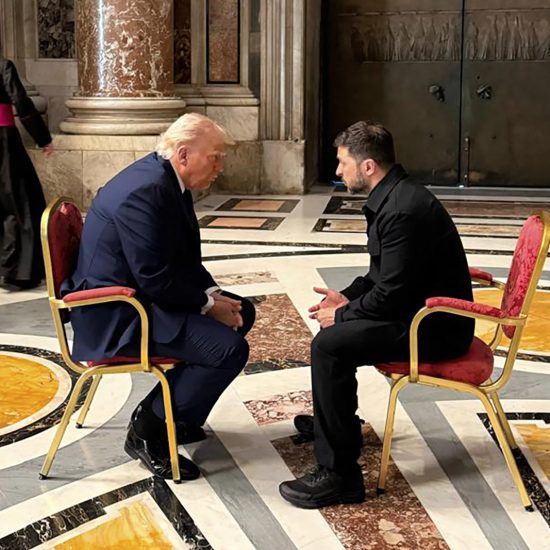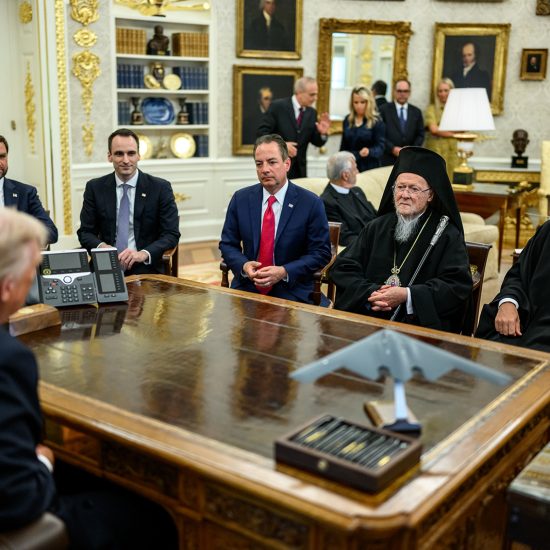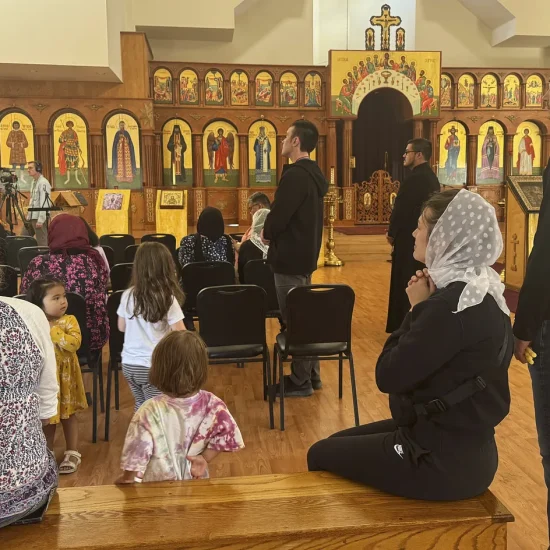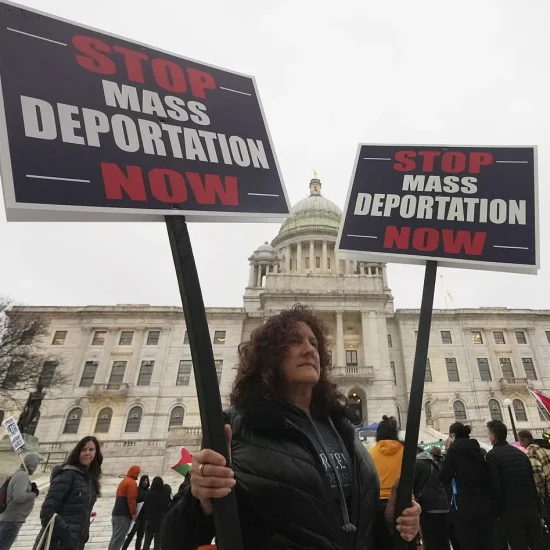Six months after Russian President Vladimir Putin signed a new law targeting missionary and evangelistic activities, Baptists and others in the country face large fines and other penalties. The new law went into effect on July 20. Authorities prosecuted at least 32 cases in the first six months after the law went into force. Two Baptists were among the first charged in the law’s first month and other Baptists are now finding themselves targeted.
Roman Lunkin, head of the Center for religion and society at the Institute of Europe Russian Academy of Sciences and a research fellow in Kennan Institute of Wilson Center in Washington, D.C., said the law “was adopted without discussion” and “the part on missionary activity was added just five days before the voting.” He added that the new law “violated our Constitution.”
“There is no reasonable doubts that it is used mainly against evangelicals in Russia and there are some political reasons for that,” he explained, noting that only officials from the Russian Orthodox Church were invited to offer input on the bill.
Lunkin believes concerns about evangelicals exist because “the influence of Protestant churches is growing” and are seen as “competition with [the] Orthodox Church.” Additionally, he believes “Russian authorities and especially security services see evangelicals as a real threat for the national security.” This concern exists since officials fear evangelicals “stay connected with ‘revolutionary’ churches in Ukraine.”
As the law moved through the governmental steps, Russian Baptists urged a day of prayer and fasting and urged Baptists to sign a petition opposing the restrictions on religious liberty. Alexei Smirnov, chairman of the Russian Union of Evangelical Christians-Baptists, wrote a public appeal to Putin before the signing of the law. The Union includes more than 1,800 churches with more than 76,000 members. Smirnov argued the “bill will affect the basic constitutional rights and freedoms of millions of believers of the Russian citizens” and will “abolish one of the inalienable rights and freedoms — the freedom of religion.”
“The bill is unconstitutional because it violates the fundamental rights of its citizens and does not correspond to the current Constitution of the Russian Federation,” he added. “The bill violates the right of citizens to freedom of conscience.”
The new law quickly led to charges against Baptists and other Christians. The law criminalizes sharing one’s faith outside an official house of worship, which can spark problems for house churches that are not always treated by officials as houses of worship. Missionaries from other countries are particularly restricted, even being fined for activities within a church.
Lunkin said individuals and communities are “fined because they want to say some words on their faith and about God to people surrounding them.” He added that “the fines could make churches and preachers bankrupt and cancel any missionary activity.” Organizations face fines of 1 million rubles (nearly $17,000) and individuals face fines of 50,000 rubles (nearly $840).
Two of the first cases targeted Baptists. In August, authorities eliminated a playground near a Baptist congregation in Noyabrsk. Authorities claimed the church illegally led a camp, while church leaders note they merely built a playground and organized some children’s activities there. The church’s pastor, Alexei Teleus, was fined 5,000 rubles (about $83) for “implementation of the missionary activities in violation of the requirements of the law on freedom of conscience and freedom of religion and religious associations.” Although Baptists dispute the claims leading to the charges, the pastor invoked his faith in deciding not to appeal.
Later in August, Donald Ossewaarde, an Independent Baptist missionary from the U.S., received a fine of 40,000 rubles (about $670) after three policemen came to a Sunday morning Bible study he led. They charged him with violating the new law by conducting missionary activities. Upon receiving his fine, he wrote on his website he “had the sinking feeling that my ministry in Oryol was finished.” Ossewaarde and his wife, Ruth, starting serving in Ukraine in 1999 and then moved to Oryol, Russia, in 2002. They have returned home to Bourbonnais, Ill., as he appeals the charge.
In December, authorities targeted two more Baptist congregations. The pastor of one church became the first religious leader charged for not notifying the authorities of an unregistered group’s activities. A district prosecutor’s office “temporally suspended” another congregation for being unregistered. Since the law’s passage, Baptist Union leaders have attempted to train pastors and others about their rights.
Lunkin stressed the loss of religious liberty rights as a result of restrictions on missionary activity that “are generally against Christian churches in Russia that want to express their faith in public.”
“The most important consequence from the recent changes in Russian legislation,” he said, “is the canceling of religious freedom that was constituted in Russia after the fall of the Soviet Union.”






